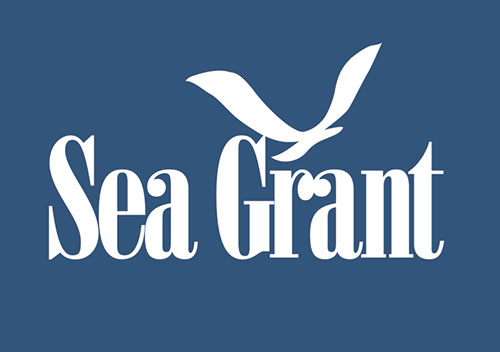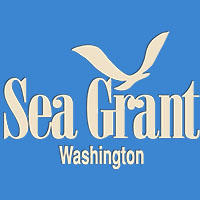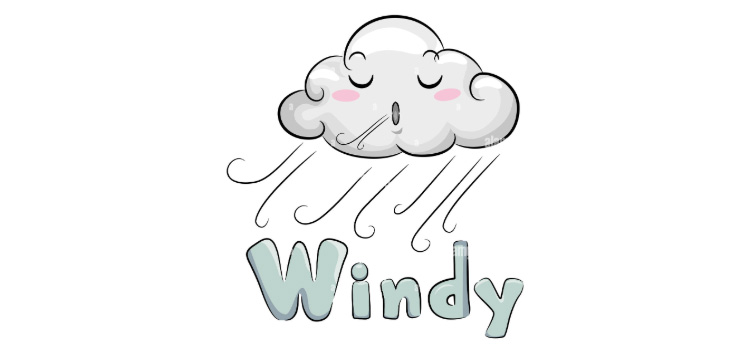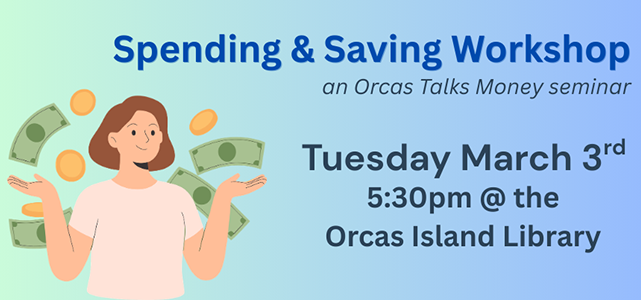— from Samantha Larson for Washington Sea Grant —
 Boater sewage is a source of pollution into Washington State waters that can contaminate shellfish beds or spread waterborne diseases at popular swimming beaches. To keep this pollution at bay, Washington State Parks Department’s Clean Vessel Act (CVA) program works with the University of Washington’s Washington Sea Grant to help boaters and marinas safely dispose of vessel waste. Two recently awarded grants from the U.S. Fish and Wildlife Service will bolster local CVA services, which include installing and operating septic pumpouts and educating boaters and marina owners about the importance of clean water and proper onboard sewage disposal. A total of $2.5 million of federal funding, the largest sum any of the 28 participating states received this year, includes a $1,458,446 grant for the coast and a $1,075,319 grant for inland waters.
Boater sewage is a source of pollution into Washington State waters that can contaminate shellfish beds or spread waterborne diseases at popular swimming beaches. To keep this pollution at bay, Washington State Parks Department’s Clean Vessel Act (CVA) program works with the University of Washington’s Washington Sea Grant to help boaters and marinas safely dispose of vessel waste. Two recently awarded grants from the U.S. Fish and Wildlife Service will bolster local CVA services, which include installing and operating septic pumpouts and educating boaters and marina owners about the importance of clean water and proper onboard sewage disposal. A total of $2.5 million of federal funding, the largest sum any of the 28 participating states received this year, includes a $1,458,446 grant for the coast and a $1,075,319 grant for inland waters.
The grants will predominately be used to continue and expand pumpout services in Washington State, including a free pumpout service on Lake Washington, planned pumpout services in Gig Harbor and the San Juan Islands, and pumpout contracts with more than 140 marinas. The CVA program reimburses marinas for 75 percent of the annual operating costs of pumpout services.
Last year the CVA program helped marinas and state boaters prevent a record 10 million gallons of boater sewage from getting into the surrounding water. A substantial achievement—but Alan Wolslegel of the Washington State Parks CVA program thinks the federal funding this year will allow them to do even more. “We know there’s a lot more than we can remove,” Wolslegel says.
[perfectpullquote align=”right” cite=”” link=”” color=”#778899″ class=”” size=””]The grants will be used to continue and expand pumpout services in Washington State, including in the San Juan Islands.[/perfectpullquote]
In partnership with the Lake Chelan Research Institute and Sunset Marina, the inland grant will also be used to purchase state-of-the art equipment to regularly sample and monitor water quality in Lake Chelan to understand local water quality trends and pinpoint sources of pollution. “We currently don’t know much about the water quality of Lake Chelan, because there’s no record,” Aaron Barnett of Washington Sea Grant says. “This will start to change that.”
Congress first passed the CVA in 1992 to reduce pollution from boater sewage. The funding comes from boater-related activities including taxes on electric motors, fishing equipment and motorboat fuel, and import duties on tackle, pleasure boats and yachts.
“Having clean water is important to the economy and health of the state,” Wolslegel says. The continuation of the CVA program in Washington State will help to keep it that way.
Washington Sea Grant, based at the University of Washington, provides statewide research, outreach, and education services addressing the challenges facing our ocean and coasts. The National Sea Grant College Program is part of the National Oceanic and Atmospheric Administration, U.S. Department of Commerce. www.wsg.washington.edu.
**If you are reading theOrcasonian for free, thank your fellow islanders. If you would like to support theOrcasonian CLICK HERE to set your modestly-priced, voluntary subscription. Otherwise, no worries; we’re happy to share with you.**








